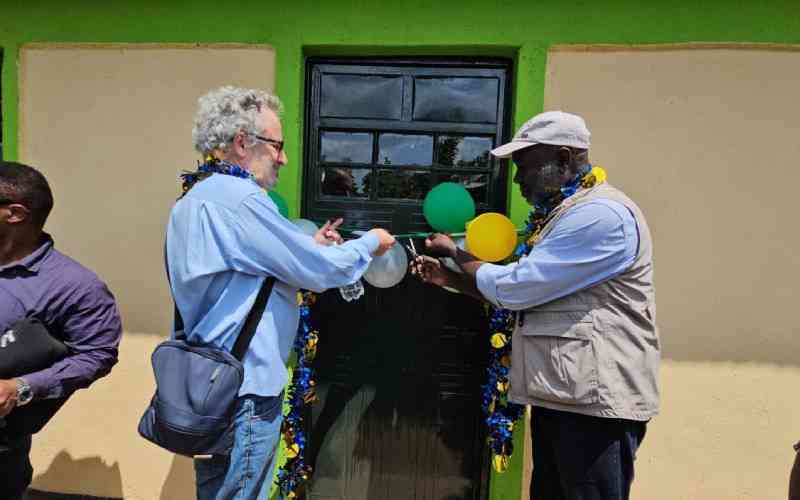
Smallholder farmers have been urged to work in groups, diversify their agricultural activities and embrace value addition. This will come a long way in enhancing food security, managing post-harvest losses, empowering them economically, and creating employment among other benefits.
In the years 2018 - 2021 the Alliance of Bioversity International and CIAT in collaboration with Food and Agriculture Organization's (FAO's) Benefit sharing fund established three community seedbanks - one in Vihiga and two in Kisumu. The seedbanks were primarily responsible for conservation of indigenous diversity of sorghum, finger millet, beans, traditional leafy vegetables and local maize varieties. In a bid to improve the sustainability of these seedbanks the Alliance decided to upgrade them to create linkages between the diversity conserved and value addition and marketing.